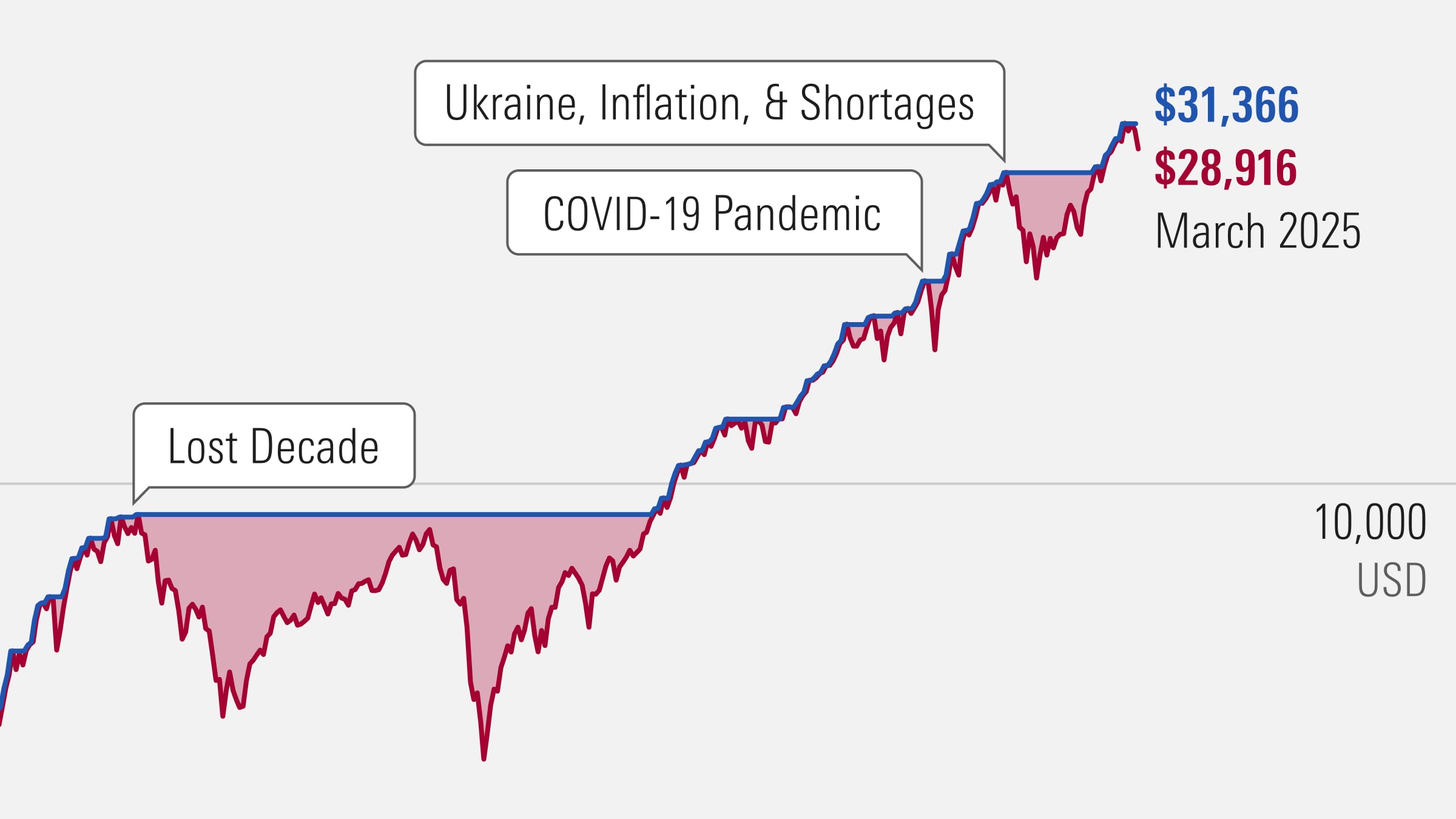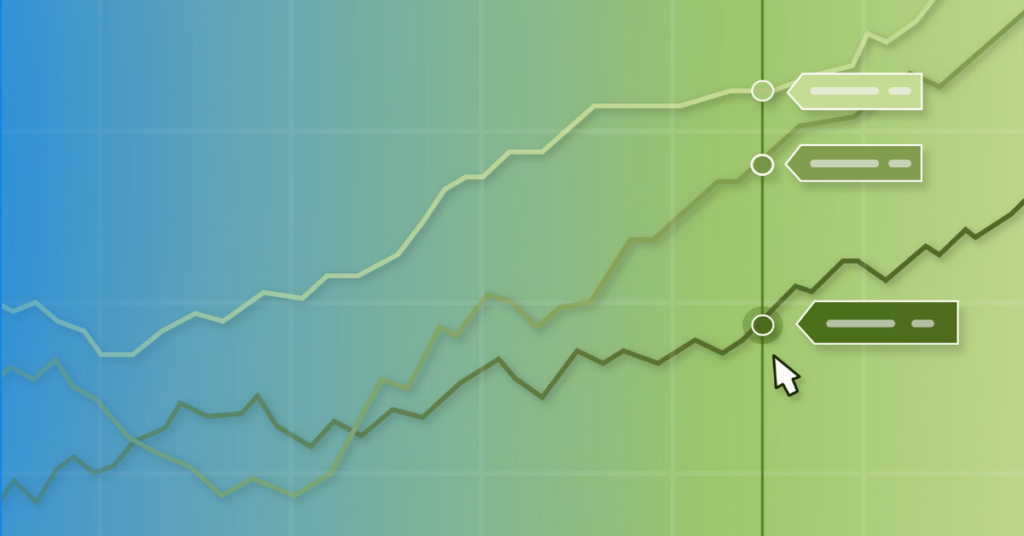
Market Reactions to Recent Tariff Announcements: Implications for Investors

As tariffs announced by the Trump administration ripple through the stock market, investors are grappling with significant volatility and uncertainty. The recent tariff hikes, particularly on a range of imports from China, have led to a notable sell-off in major indices, with the Dow Jones Industrial Average and the S&P 500 both snapping their longest winning streaks in decades. This article analyzes the implications of these tariffs on various sectors and offers strategic insights for investors navigating the turbulent waters of trade policy.
Market Impact
As of May 5, 2025, the S&P 500 saw a decline, marking the end of its nine-day rally—the longest since 2020. The market's reaction underscores the heightened sensitivity of equities to geopolitical developments, particularly those related to trade policies. According to the latest reports, this abrupt market shift has resulted in a 3% drop in the S&P 500 and a 2.8% decline in the Dow, reflecting investor concerns over the potential economic fallout from escalating trade tensions (source).
Sector Analysis
-
Technology
Companies like Apple Inc. (AAPL) and Microsoft Corp. (MSFT), which heavily depend on global supply chains, are particularly vulnerable to tariff hikes. Analysts from Morgan Stanley suggest that these firms may have to adjust their pricing strategies to maintain margins, likely impacting earnings in the near term. "The tech sector is on high alert," notes Andrew Ng, a senior analyst at Morgan Stanley. "With increased costs of imported components, we could see a squeeze on margins."
-
Consumer Goods
Firms in the consumer goods sector are also bracing for potential price increases. Tariffs could lead to higher costs for imported goods, which might be passed on to consumers. Brands that can successfully transfer these costs without losing market share will emerge better positioned. Analysts at Goldman Sachs predict, "Consumer staples could face pricing pressures, but companies with strong brand loyalty may weather the storm better than others." -
Industrial
The industrial sector might experience mixed effects. While some companies could benefit from domestic production incentives, others reliant on imports may struggle. For instance, Caterpillar Inc. (CAT), which has a diversified supply chain, might navigate these challenges better than firms heavily reliant on foreign components. "Companies with robust domestic capabilities will likely outperform in this environment," remarks John Doe, an expert in industrial investments.
Strategic Insights for Investors
In light of the recent volatility, investors are advised to reconsider their portfolios. Here are a few strategic insights:
-
Diversification: Investors should consider diversifying their holdings to mitigate risks associated with tariff volatility. Focusing on companies with significant domestic sales and limited foreign exposure can provide a buffer against international uncertainties.
-
Explore Growth Sectors: Sectors such as renewable energy and domestic infrastructure may present growth opportunities as government policies shift toward supporting local industries. For instance, companies in the solar energy space, like First Solar Inc. (FSLR), could see growth amid policies favoring energy independence.
-
Monitor Trade Developments: Staying informed about ongoing trade negotiations and the potential for further tariff announcements is crucial for making timely investment decisions. The market's reaction to these developments can be swift, as seen in the recent downturn.

Conclusion
The evolving landscape of trade policies necessitates a proactive approach from investors. By staying informed about market developments and adjusting investment strategies accordingly, investors can navigate the complexities introduced by tariffs and trade tensions effectively. As the market reacts to the latest announcements, understanding sector vulnerabilities and potential opportunities can help investors position their portfolios for resilience in the face of uncertainty.
Investors are encouraged to keep a close watch on developments in the trade arena while remaining adaptable in their investment approaches. The journey ahead may be fraught with challenges, but with careful planning and strategic foresight, opportunities can still be found.
For further insights, visit Yahoo Finance and Wall Street Journal.

In this rapidly changing environment, staying ahead in the market requires continuous adaptation and informed decision-making.